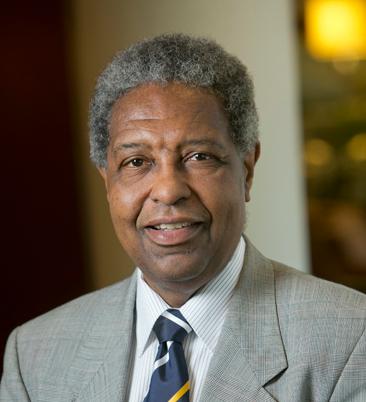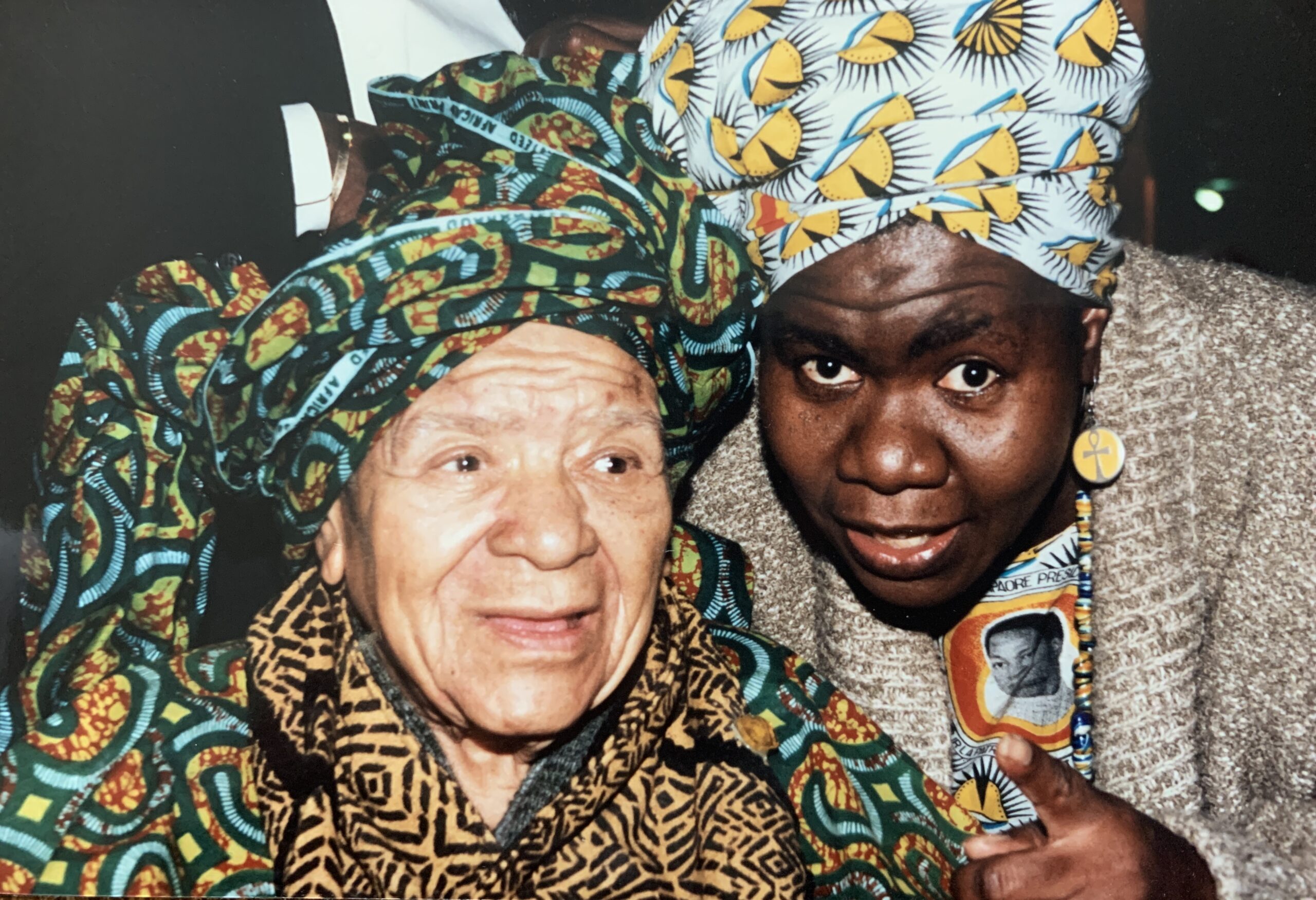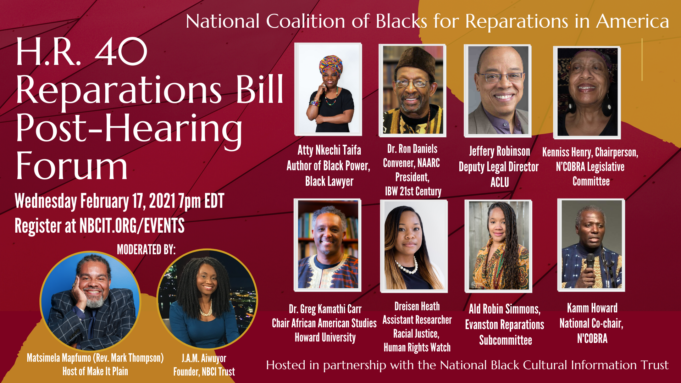WASHINGTON—Reparative justice—that is legislation focusing on how the United States can apologize for slavery and make reparations to the descendants of slaves—is closer to reality than ever before, say advocates.
The House Judiciary Subcommittee on the Constitution, Civil Rights, and Civil Liberties debated a bill Feb. 17 that would direct more than a dozen experts to examine how the U.S. government supported slavery from before 1619 to 1865 and created laws that discriminated against formerly enslaved people and their descendants, then continued the suffering of the freed slaves with 100 years of lynching and 50 additional years of Jim Crow segregation and discriminatory laws in every area of life in this country.
The proposed legislation, H.R. 40 in the House and S. 40 in the Senate—named for the “40 acres and a mule” that was promised, but never delivered to each freed slave at the end of the Civil War—already has more than 160 House co-sponsors, and President Joe Biden’s White House is also giving its support to the proposal to study reparations as a remedy to the suffering of Black people.
The commission could recommend remedies, including compensation and education of the American public on the legacy of slavery and more. “How can a nation truly heal if it takes no action toward acknowledging the full scope of pain and addressing the punctured wounds of racism?” Dreisen Heath, a researcher and advocate from Human Rights Watch testified at the hearing. “We are at a defining moment in U.S. history and reparative justice for the legacy of slavery demands facing the fierce urgency of now.”
“Clearly, we require a reckoning to restore our national balance and unity, the government-sanctioned slavery. And that is what we need: a reckoning, a healing, reparative justice,” Rep. Sheila Jackson-Lee (D-Texas), who has sponsored the legislation in the House since the retirement of the late Rep. John Conyers said in remarks to the committee hearing.

“A reparative healing, a proposal to deal with the questions of the starkness of the life of African-Americans in this country,” Rep. Jackson-Lee continued. “We know that justice, facts, and that life that was led and continues to be led by African-Americans, is on our side.”
“The government must account for its ongoing role in perpetuating, supporting and upholding White supremacy,” said Rep. Cori Bush (D-Mo.), during the hearing.
The session comes after more than 300 organizations, businesses, faith leaders, and city leaders—including Human Rights Watch, the American Civil Liberties Union, the National African American Reparations Commission (NAARC), the National Coalition of Blacks for Reparations in America (N’COBRA), Color of Change, the Leadership Conference on Civil and Human Rights, and Amnesty International USA—sent Speaker Nancy Pelosi and the House leadership a letter urging immediate congressional action on H.R. 40, as part of the We Can’t Wait project, following the protests over the killing of George Floyd and other Black people at the hands of police.

“We wanted to make sure we highlighted that reparations is an international issue,” Nkechi Taifa, an attorney, an N’COBRA veteran and founding member of NAARC told The Final Call. “We might have our own specific reparations for this sector but there is movement for reparations going on all across the world.
“It was passed to me from a previous generation. It was passed to me from Queen Mother Audley Moore, who fought for reparations all of her life. It was passed to me from Imari Obadele, known as the mother and father of the modern-day reparation movement. They passed that down to me, and I’m passing it down to others. That’s how it’s got to be because, as we said back in the day, it’s a proactive struggle.”
“The historic racial and gendered injustices of slavery and its legacy, fueling the persistence of racial inequality today, remain largely accounted for,” said Ms. Heath. “The U.S. must finally reckon with its long history of racial terror, indifference, and segregationist public policies that have created lasting harms within the Black community. That reckoning begins with H.R. 40.”
But support for the proposed legislation is not universal, even among Black people in this country. Rep. Burgess Owens (R-Utah), and fellow former NFL player Herschel Walker—both ardent supporters of former President Donald Trump—testified that reparations are not necessary, and that the idea fosters racial “separation.”
Dr. William Darity, economist and researcher at Duke University has modified his early support for H.R. 40. “I think it’s a positive sign that there are so many individuals across the country who are expressing support for the importance of establishing just such a commission,” Dr. Darity told The Final Call. “But I think that there were some weaknesses in H.R.40 and I find it a little bit disturbing that in neither one of the hearings that have taken place on H.R. 40, the June 19, 2019 hearing, as well as the hearing that took place (Feb. 17), that there has not been any substantial or significant discussion of the content of the bill itself.”
Dr. Darity raised three areas of concern: “The bill should direct the commission to design a proposal that ensures that the reparations plan is intended for Black Americans who are descendants of persons enslaved in the United States.
“Secondly, the proposal should establish that a primary objective of the plan is to eliminate racial wealth differences in the United States. And this would require a minimal expenditure of $10 to $12 trillion.
“And then third, the commission’s proposal must be designed in such a way that it sets, as a priority, the provision of the reparations payments in direct fashion to eligible recipients. And again, the eligible recipients should be Black Americans who are the descendants of persons who were denied the 40-acre land grants as restitution in the aftermath of the Civil War.”

There is yet another, longstanding strand in the quest for reparations. “We want our people in America whose parents and grandparents were descendants from slaves to be allowed t establish a separate state or territory of their own—either on this continent or elsewhere,” the Most Honorable Elijah Muhammad proposed in “What The Muslims Want,” a 10-point program announced in the early 1960s, and subsequently published in each edition of Muhammad Speaks newspaper, and since published in every edition of The Final Call.
“We believe that our former slave masters are obligated to provide such land and that the area must be fertile and minerally rich,” the manifesto continues. “We believe that our former slave masters are obligated to maintain and supply our needs in this separate territory for the next 20 to 25 years—until we are able to produce and supply our own needs.”
During the 1950s and 1960s Queen Mother Audley Moore, a former Garveyite, was perhaps the best-known early advocate for reparations. As president of the Universal Association of Ethiopian Women based in Harlem, she presented a petition against genocide and for self-determination, land and reparations to the United Nations in both 1957 and 1959, according to the written testimony submitted by attorney Taifa.
“I come out of the Black nationalist tradition, five states in the deep South, Louisiana, Mississippi, Alabama, Georgia, South Carolina,” attorney Taifa explained. “Actually, in my viewpoint, the way reparations comes is a settlement at the end of war and damages from one nation to another nation. The United States would sit down at the negotiating table with the government of the” new Black, separate nation, she said. “Even though that is a model and that as far as I’m concerned, (is) still a very legitimate model.”
Dr. Darity concedes that “state reparations,” such as those paid to Israel by the United States, Germany, and other World War II Axis allies is a valid model.
“Yes, but at the same time that reparations were given to the nation of Israel, reparations were given to individual victims of the Holocaust,” he said. “And the nation of Israel was actually responsible for negotiating to ensure that the individuals who were victimized by the Holocaust actually received direct payments themselves. And in the U.S. context, the Japanese Americans who were unjustly incarcerated during the course of World War II received direct payments from (U.S.) the federal government,” as well.
Dr. Darity favors Black Americans who receive funds making a decision about how the funds should be used, including whether they want to be part of a “Black Republic.”
In 1968 President Imari Obadele and the Republic of New Afrika in its Declaration of Independence proclaimed, “We claim no rights from the United States of America, other than those rights belonging to people anywhere in the world, and these six include the right to damages, reparations, due us for the grievous injuries sustained by ourselves and our ancestors by reason of United States’ lawlessness,” attorney Taifa wrote in her written testimony to the H.R. 40 hearing.
In April 1969 the Black Manifesto was adopted at a National Black Economic Development Conference in Detroit. The Manifesto, presented by civil rights activist James Forman, included a demand that White churches and synagogues pay $500 million in reparations to Blacks in the U.S. to help fund the establishment of a southern land bank, four television networks, four publishing and printing companies, a research center and a Black university.
Later, Mr. Forman interrupted Sunday Service at the Riverside Church in New York to announce the reparations demand from the Black Manifesto. Several religious institutions responded with financial donations. Consistently, the Nation of Islam’s publications, Muhammad Speaks and later, The Final Call, have demanded that the United States exempt Black people “from all taxation as long as we are deprived of equal justice,” attorney Taifa wrote.













